Homogenizer
Homogenizers can be used to create a homogeneous suspension from the laboratory sample. This is achieved by the repetitive shearing and grinding motions, caused by the homogenizer. In biochemistry laboratories, this is applied to treat samples such as animal or plant tissues, fungi and bacteria. Homogenizers are also used for the preparation of cell extracts or for the release of nucleic acids from the sample.
Homogenizers are also used for fining and homogenization of tissues, either to create suspensions or emulsions. They can be used to suspend animal and plant tissues in liquids, prepare emulsions for homogenization of animal tissues, or freeze frozen tissue samples prior to processing.
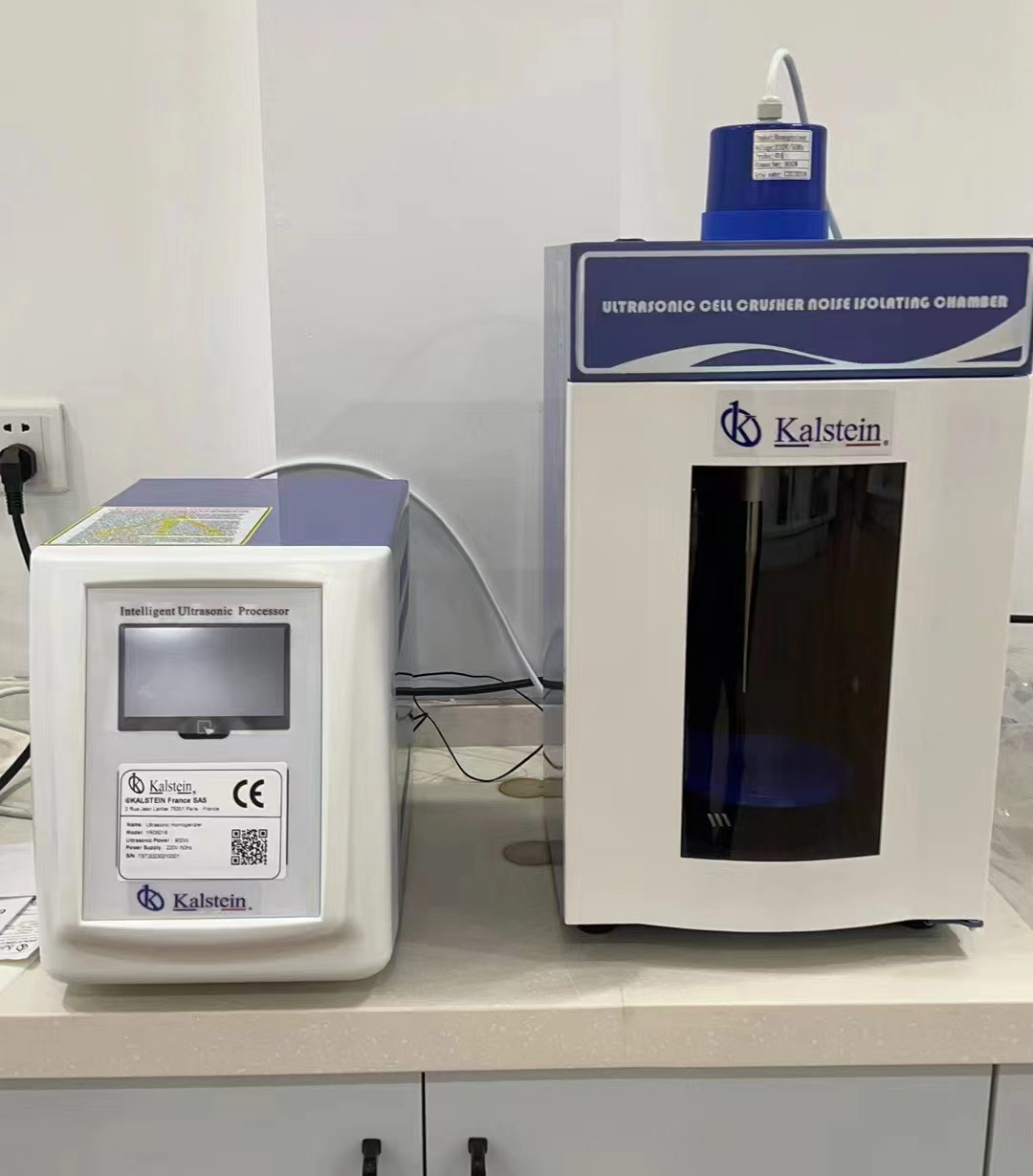
Types of Homogenizers that a Laboratory may need
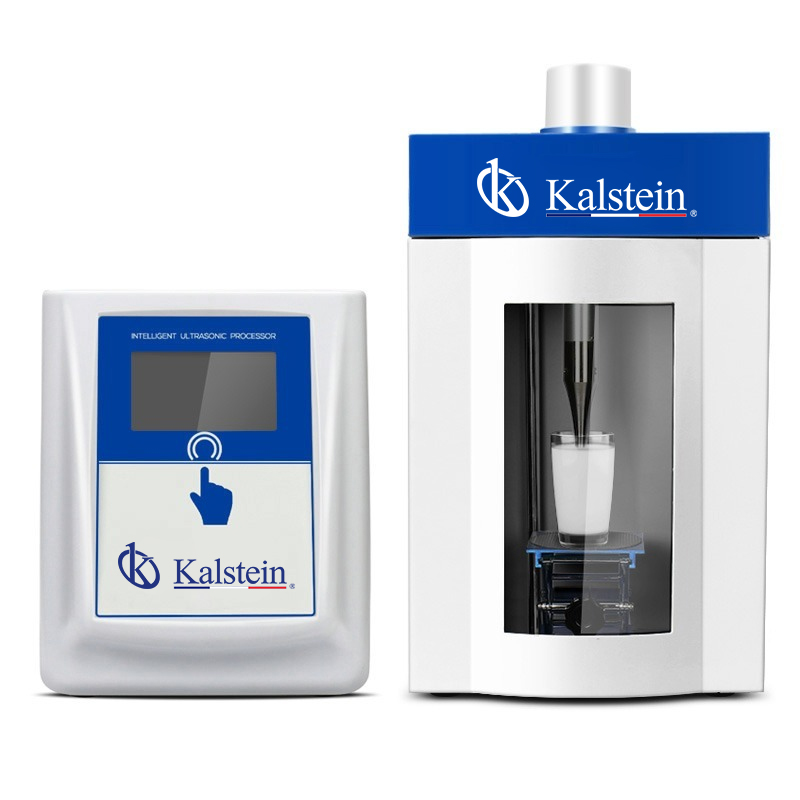
Lab Ultrasonic Processor Homogenizer
Homogenizers are also useful for increasing the efficiency of sample analysis. This is because homogenization of the sample helps to reduce the time and effort required to prepare the sample for analysis. This can be achieved by using a homogenizer to mix the sample much faster than can be achieved with other homogenization methods. This allows laboratories to perform analyses more quickly, which in turn improves the accuracy of the results.
In addition, homogenizers are relatively inexpensive, i.e., they offer a cost-effective solution to improve the accuracy of results. This is because homogenizers not only save time, but also improve sample quality prior to analysis. This means that laboratories can save money by not having to reprimand regulators to ensure that analyses are performed properly.
Digital Intelligent Integrated Ultrasonic Homogenizer
Homogenizers ensure more accurate analysis results, avoiding errors due to possible residues or contamination of the sample. These devices are able to optimize working time by simplifying homogenization processes, which in turn decreases the number of working hours spent in performing an analysis.
These devices not only ensure the accuracy of the analysis and the reduction of costs by reducing the labor time invested, but also contribute to personal safety by ensuring the homogenization processes, taking into account that the homogenizers, since they are not manually operated, avoid exposure to certain types of elements and materials that are hazardous to health. These devices have the ability to rupture cells to extract compounds of interest, thus allowing bioanalysts to perform more accurate and detailed analyses by simplifying complex samples.
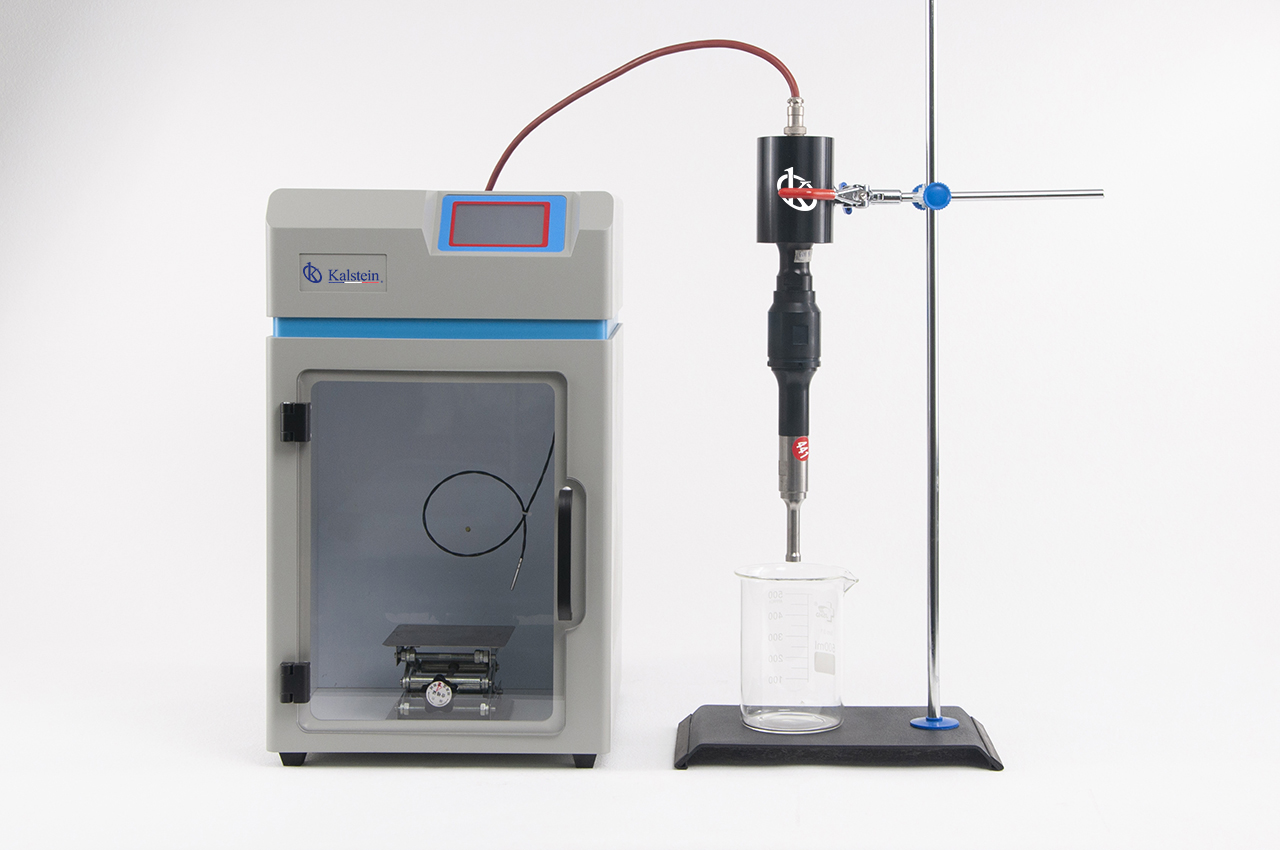
In Kalstein you can find the Homogenizer ideal for your Laboratory

Ultrasonic Homogenizer YR05832 // YR05836
Ultrasonic processor, also known as ultrasonic disintegrator, ultrasonic homogenizer, ultrasonic cell crusher, ultrasonic nano-material...
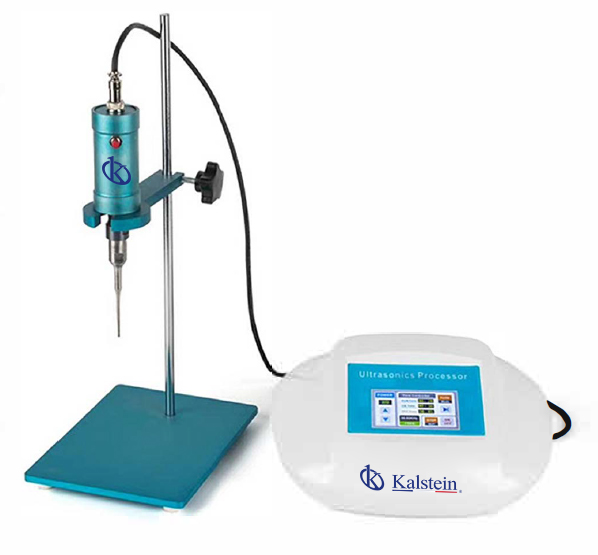
Ultrasonic Homogenizer Processor Sonicator for Liquid Processing YR05829 // YR05831
Ultrasonic Processor is a multi-functional and multi-purpose instrument that uses...

Digital Intelligent Ultrasonic Homogenizer Processor Sonicator YR05837 // YR05839
Digital intelligent ultrasonic disperser is a kind of ultrasonic equipment used in laboratory...
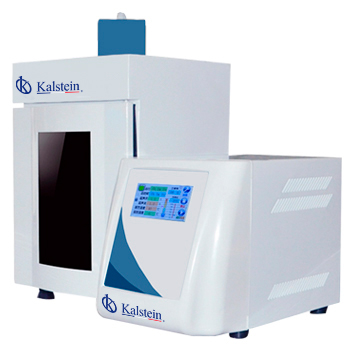
Ultrasonic Homogenizer YR05015 // YR05020
Single-chip technology + 4.3-inch TFT capacitive touch screen (optional 7-inch), optional computer communication or data printing...
Our best selling Homogenizer
- Very compact and easy to operate
- Temperature and speed digital display, heating temperature: Rt-380 degrees and mixing speed: 100-1800 RPM
- Heat and corrosion resistant aluminum alloy housing for durability
- Ceramic-coated aluminum heating plate for excellent heat distribution and corrosion resistance
- Specially designed housing prevents spills from damaging electronic components inside
- Secondary thermal insulation board prevents heat loss and eliminates heat damage to electronic components
- Adjustable temperature and rotation speed
| Model | YR02956 |
| Engine power | 100 W |
| Type of motor | Brushless DC motor |
| Motor torque | 450 m N.M |
| Voltage | 220V +/- 10% or 110V +/- 10% |
| Rotation speed of | 60- 1500rpm / 60- 2000rpm |
| Add capacity | 50ml – 50 L |
| Digital screen | LED |
| Add Rod Length | 350mm |
| Remove Rod Material | Stainless steel |
| Length holder | 700mm |
| Chuck voltage range | Ø1,5-10 |
| Product dimension (mm) | 390 x 93x 160 |
| Gross Weight (KG) | 12.1 |
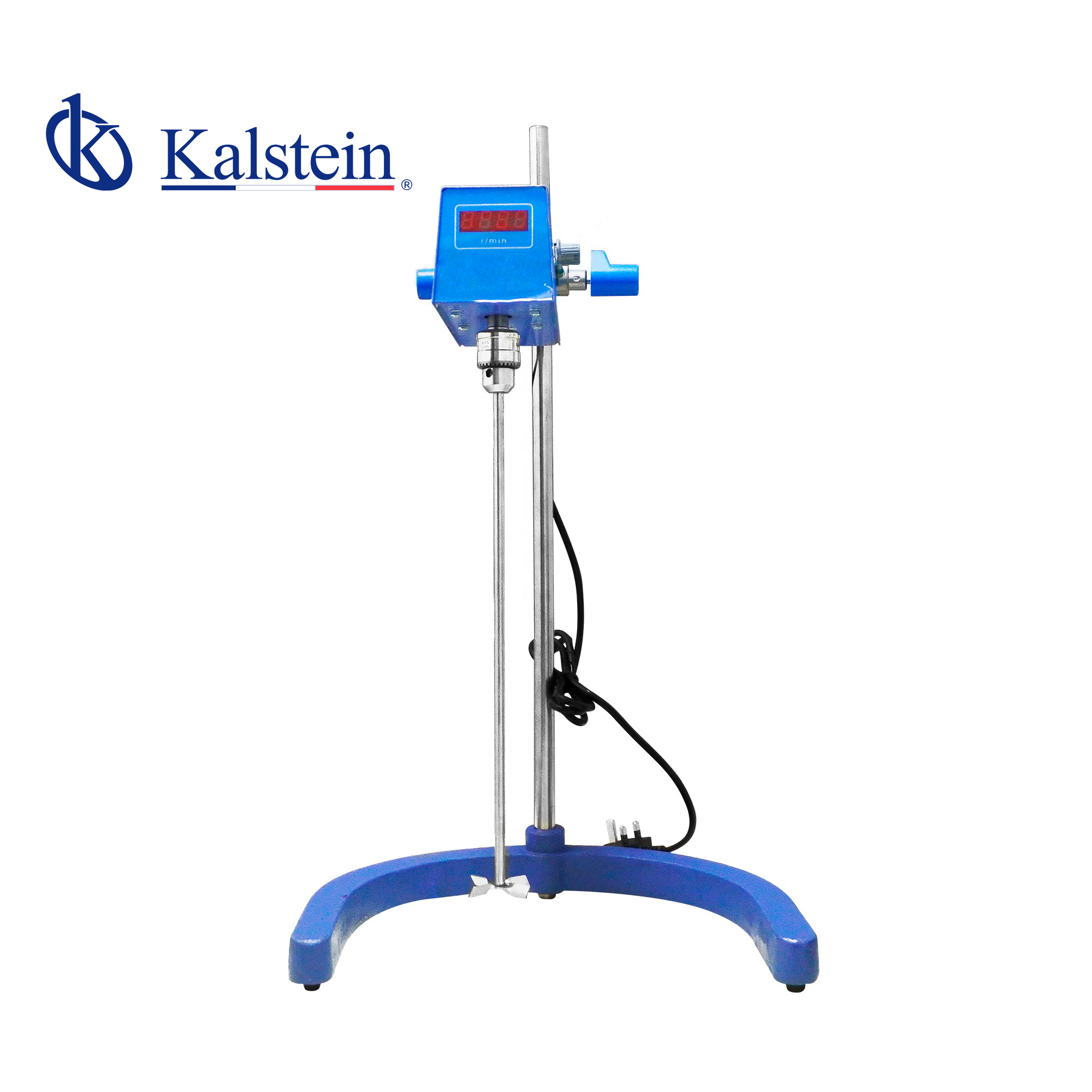
Catalog of Homogenizers models on offer
-
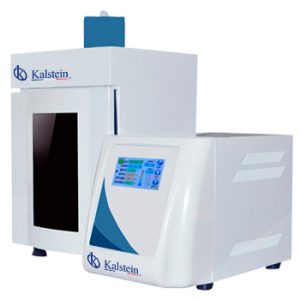
Ultrasonic Homogenizer YR05015 // YR05020
Select options This product has multiple variants. The options may be chosen on the product page -
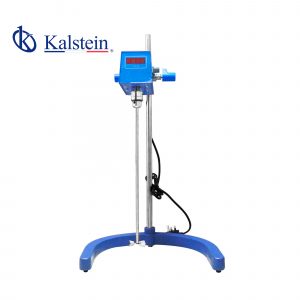
Electric Ceiling Shaker with Digital Display YR02956
-
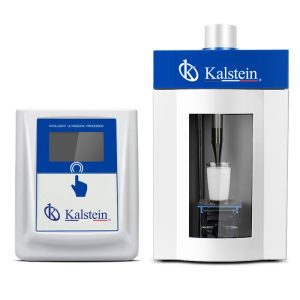
Ultrasonic Homogenizer YR05832 // YR05836
Select options This product has multiple variants. The options may be chosen on the product page -
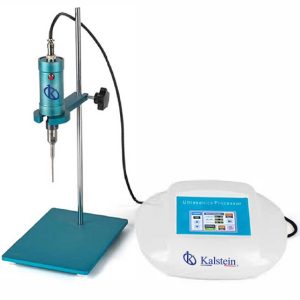
Ultrasonic Homogenizer Processor Sonicator for Liquid Processing YR05829 // YR05831
Select options This product has multiple variants. The options may be chosen on the product page -
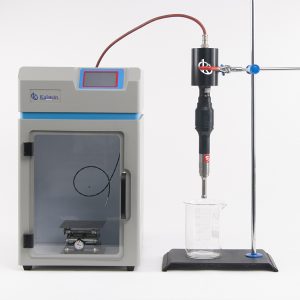
Digital Intelligent Ultrasonic Homogenizer Processor Sonicator YR05837 // YR05839
Select options This product has multiple variants. The options may be chosen on the product page
Guides for you to become an expert in Homogenizers
How can Homogenizers improve the accuracy of results in biochemistry?
Biochemistry laboratory analyses are often used to detect specific chemicals in different samples. These analyses are very important for the diagnosis of various diseases...
Harnessing the multiple uses of Homogenizers in the biochemistry laboratory
Homogenizer technology for use in biochemical laboratories has experienced a breakthrough in the last decade. This advanced equipment is used to create homogeneous...
How can Homogenizers improve the results of biochemistry analysis?
Homogenizers are one of the most common laboratory devices and are commonly used for applications such as sample preparation for analytical purposes, such as extraction...
Use of Homogenizers to prepare biological samples in a biochemistry laboratory environment
The use of homogenizers improves biological sample preparation procedures for biochemistry. A variety of devices and instruments have been developed for the automated preparation of biological tissue and cell samples for subsequent analysis...
Homogenizer video in operation
In this section you will find videos of our Homogenizer in operation, packed, receiving service, etc.
Homogenizer in operation
A homogenizer is defined as a mechanical device that produces a processing of a material in the form of finer particles, has the ability to dissolve cell membranes and at the same time emulsify more viscous materials. This ultra-processing capability plays a very important role in the analysis of biological samples for biochemistry.
When preparing biological samples for study in a biochemistry laboratory, the use of a homogenizer is a good option, as it helps to dissolve the cell membranes with the consequent release of the organic compounds contained in the cells, allowing the user to perform extraction processes on biological materials. In addition, the homogenizer allows dissolving dense materials at an easily controllable speed and consistency.

Frequently asked questions about Homogenizers from our customers
How to know the prices of Homogenizers?
To know the price of Homogenizers we invite you to send us an email with your request through the contact form.
What are the delivery times of Homogenizers?
- If the equipment of your interest is in stock or if it must be manufactured.
- The type of freight you have chosen, this may be; air or sea.
How to make a purchase of Homogenizers?
- By email: [email protected]
- By telephone: +33 (0) 1 78 95 87 02
- E-commerce: Via Kalstein's official website in your country.
How does the warranty work?
Can I request a quote online?
Of course, you can request a quote for the Kalstein team of your interest, directly from our official website. Once you have identified your preferred model, click HERE
